4 December 2024
Starting kindergarten is a huge milestone, not just for your little one but for you as well. It marks the beginning of formal education, new routines, and a whole lot of exciting (sometimes nerve-wracking) changes. But let’s be real: the preparation process can feel overwhelming. How do you ensure your child is kindergarten-ready without all that added stress?
The good news? You don’t need to turn your home into a mini-classroom or transform into a drill sergeant. With a little thought and patience, preparing your preschooler for kindergarten can be a smooth, even joyful experience. If you're wondering where to start, buckle up; we're about to dive into a stress-free guide that balances both learning and fun.
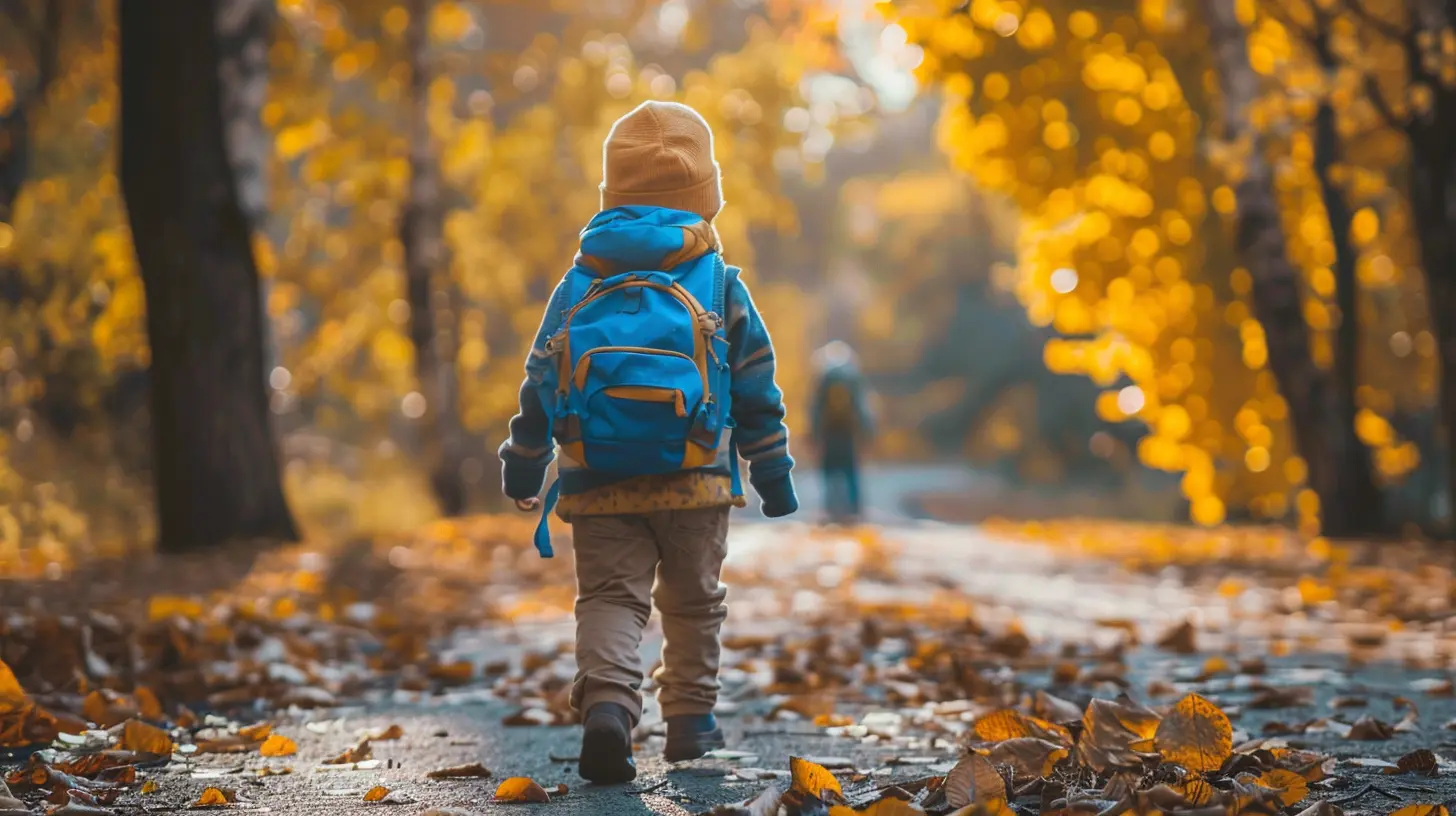
Understanding the Transition
Managing Expectations
The jump from preschool to kindergarten can feel akin to stepping into a new dimension for both you and your child. It's essential to understand that kindergarten won't just bring new academic challenges—it also requires your child to be more independent, socialized, and able to handle structured routines. No worries if your child isn't there yet; that’s what the journey is all about!Let Them Feel Excited, Not Anxious
There’s often this societal pressure to pump kids full of academic knowledge before kindergarten. But hey, it’s kindergarten—not high school! Instead of cramming letters and numbers, focus on sparking curiosity. Keep education lightweight, playful, and engaging, taking care that your child feels excited, not overwhelmed.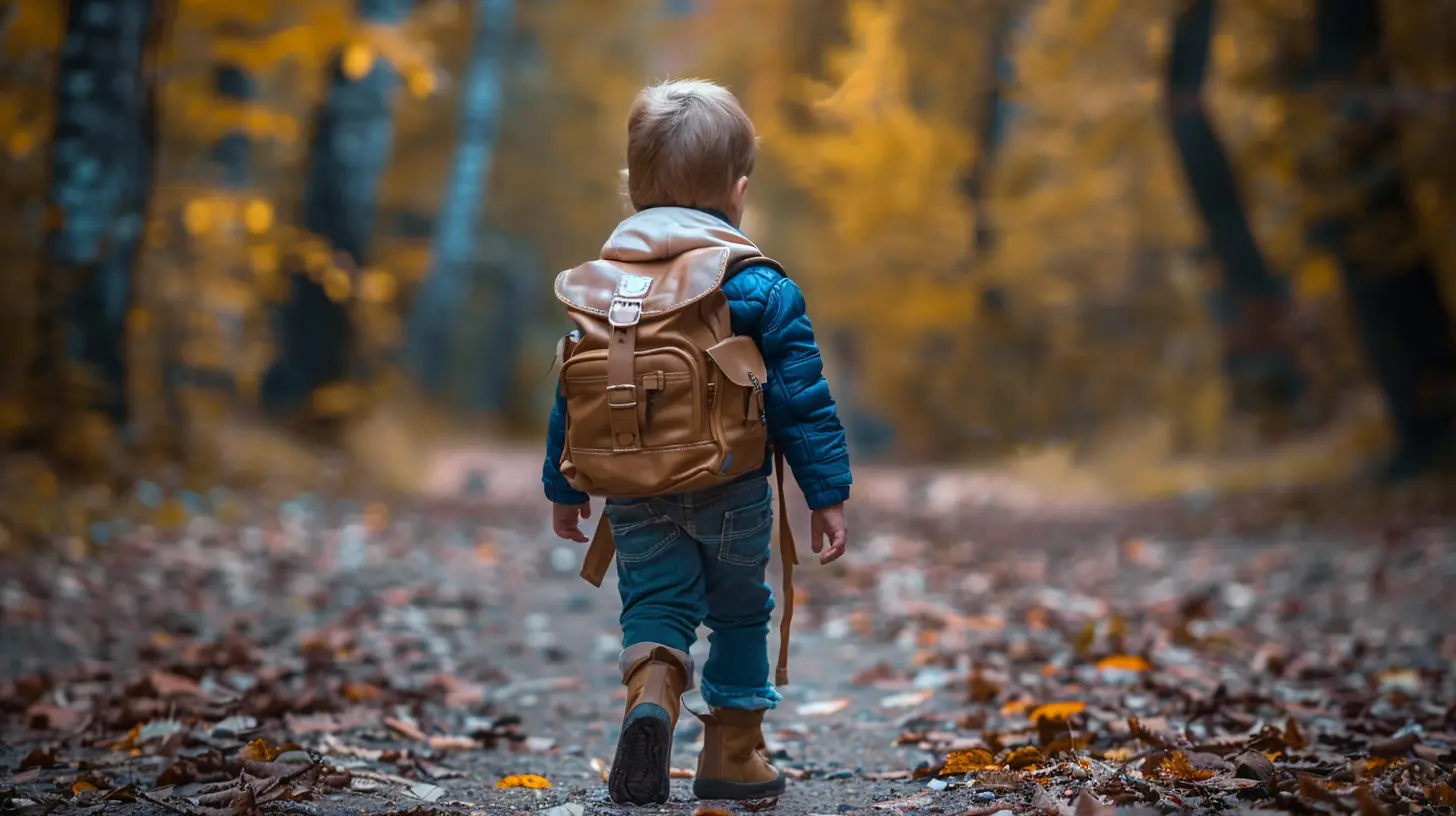
8 Stress-Free Ways to Prepare Your Preschooler for Kindergarten
1. Foster Independence
One of the biggest skills your preschooler will need isn’t academic at all—it’s independence. This doesn’t mean handing over the reins completely but rather encouraging small tasks they can manage on their own.Start simple:
- Let them dress themselves.
- Teach them how to tidy up their toys.
- Encourage independent bathroom use.
These little tasks build confidence. And when they can tackle these on their own, kindergarten will be a breeze!
2. Set a Routine (But Keep it Flexible)
School requires routine, and let’s face it, kids thrive on consistency. However, starting a rigid schedule months in advance isn’t necessary or even particularly effective. Instead, gradually introduce a simple routine—especially closer to the kindergarten start date.Try:
- Setting morning wake-up times.
- Having consistent meal and snack schedules.
- Establishing quiet time in the afternoon for activities like reading or puzzles.
A routine will ease the transition and reduce any shock when kindergarten imposes a structured day. But remember, flexibility is key. Kids need some wiggle room for creativity and spontaneity too!
3. Encourage Social Interaction
One of the most important parts of kindergarten preparation is helping your child develop social skills. After all, they’ll be navigating new friendships, possibly for the first time without you by their side to mediate. Help your preschooler warm up to this idea by arranging playdates or attending group activities.Things to work on:
- Sharing: Turn-taking games are a great way to practice this.
- Conflict resolution: Teach them simple phrases like "Can we share?" or "Let’s take turns."
- Listening and following directions: Games like Simon Says can help your child focus on listening.
Building these skills early will turn those nerve-wracking first days of kindergarten into fun opportunities for making new friends.
4. Make Learning Fun
When it comes to academics, there’s no need to pull out flashcards or worksheets. Learning through play is far more effective (and enjoyable). Everyday activities can turn into mini educational experiences without feeling forced or daunting.Here are some easy ways to introduce learning through daily life:
- Number games: Count the steps while walking to the park.
- Letter scavenger hunts: Look for letters on signs or in the grocery store.
- Simple cooking tasks: Measuring ingredients helps with math skills.
- Storytime: Reading together ignites a love for books and builds language skills.
Tip: Let your child guide what they’re curious about—whether it’s dinosaurs, trucks, or animals; there's always a way to sneak some learning in. The goal is to fuel their love for learning, not drill them with facts.
5. Practice Fine Motor Skills
It's not uncommon for kindergarteners to spend a fair amount of time with pencils, crayons, and scissors. Fine motor skills (those small, intricate hand movements) are key to holding writing utensils, cutting paper, and performing academic tasks like tracing or drawing.Get those little fingers ready by:
- Practicing cutting paper with blunt scissors.
- Encouraging coloring or drawing.
- Working with playdough or doing simple crafts.
These activities don’t feel like work for your preschooler, but they’re sneakily building all the skills they’ll need for classrooms full of crayons and crafting supplies.
6. Introduce Letters and Numbers
While it’s not crucial for children to know the entire alphabet or be able to count to 100 when entering kindergarten, having some familiarity with letters and numbers can set a solid foundation.Make it casual:
- Sing alphabet songs.
- Point out numbers on clocks, house signs, or while cooking.
- Play with magnetic letters on the fridge.
Don’t stress out if they’re not ready to recite the ABCs or identify every number—that’s exactly what kindergarten teachers are trained to help with! The key is exposure, not mastery.
7. Read Together Daily
If there’s one thing that can never be overstated, it’s the importance of reading together. Books open up new worlds for kids and help build vocabulary and listening skills, all crucial for future literacy.Make reading part of your daily routine:
- Bedtime stories are a classic, but you can read during snack time or before naps too.
- Ask questions as you go through stories. "What do you think will happen next?" "How do you think the character feels?"
- Let your child tell their own stories using pictures from the book, which encourages imagination and speaking skills.
Books don’t only build academic readiness—they’re also a wonderful bonding experience for you and your child.
8. Manage Your Own Anxiety
Let’s get real—sometimes the stress of preparing for kindergarten comes from us, not the kids. We want everything to be perfect, and it’s easy to worry if our child is "ready" enough. But remember, your child will feed off your energy. If you’re calm and confident, they’re likely to be too.Find ways to manage any anxiety:
- Talk to other parents about the transition.
- Make peace with the fact that kindergarten will involve some challenges, just like any other phase.
- Celebrate small wins instead of focusing on areas where your child may struggle.
Remember: You’ve got this, and so does your child!
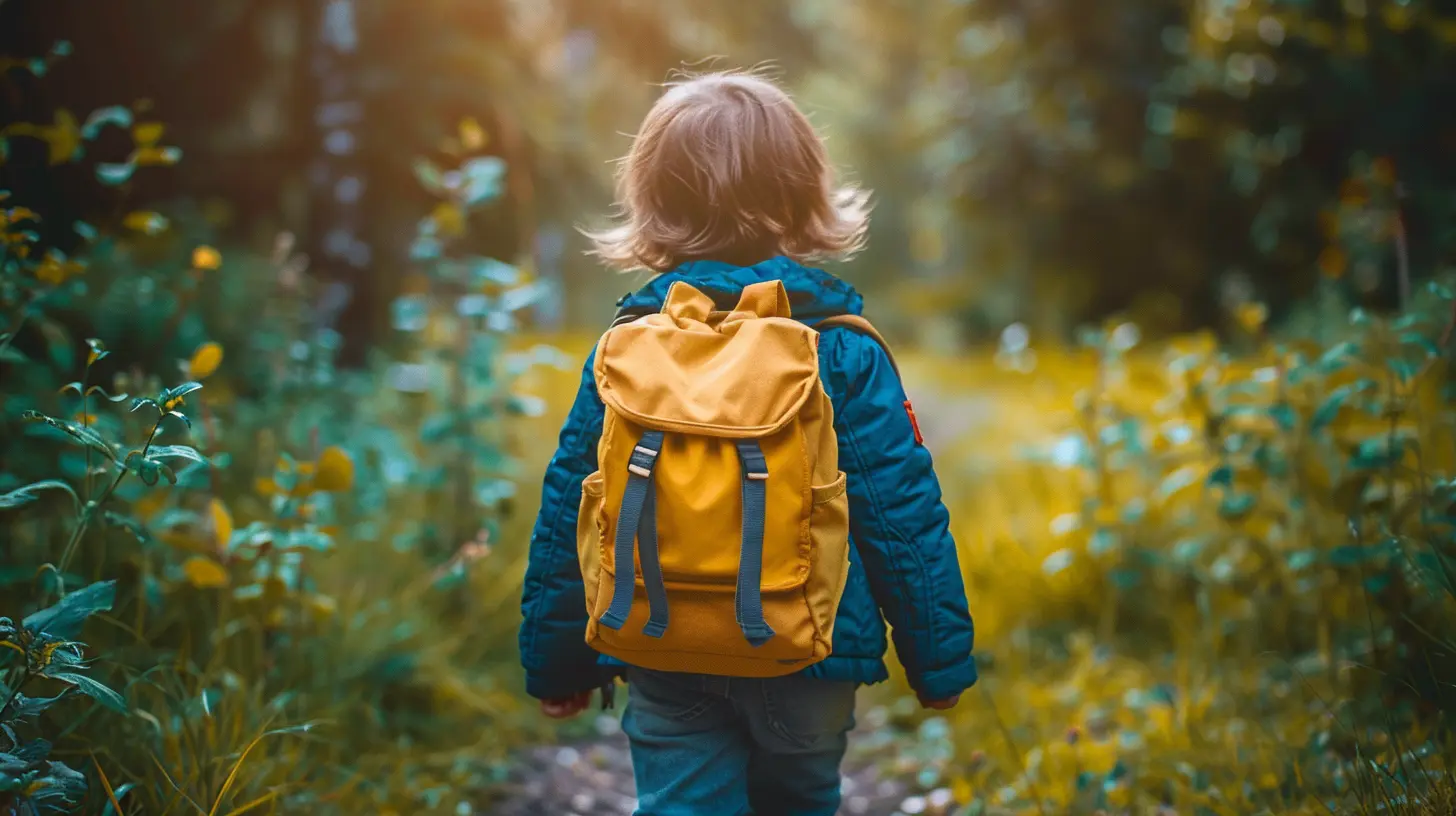
Common Questions About Kindergarten Readiness
Is It Normal for My Child to Feel Nervous About Kindergarten?
Yes, absolutely! It's completely normal for a child to feel nervous about such a big change. Talking about kindergarten ahead of time and even visiting the school as part of an orientation can help ease those nerves.What If My Child Isn’t Fully Potty Trained Yet?
Though most kindergartens expect children to be potty trained, don’t panic if your child is still working on it. Accidents happen, and most schools are understanding. Just keep practicing at home, and ensure your child knows the basics of using the bathroom independently.Should I Be Teaching My Child to Read Before Kindergarten?
Nope! While recognizing some letters or even a few words is great, there’s no need to teach reading before kindergarten. Schools have reading programs designed to help kids learn at their own pace. Focus on enjoying books together rather than pushing for early reading.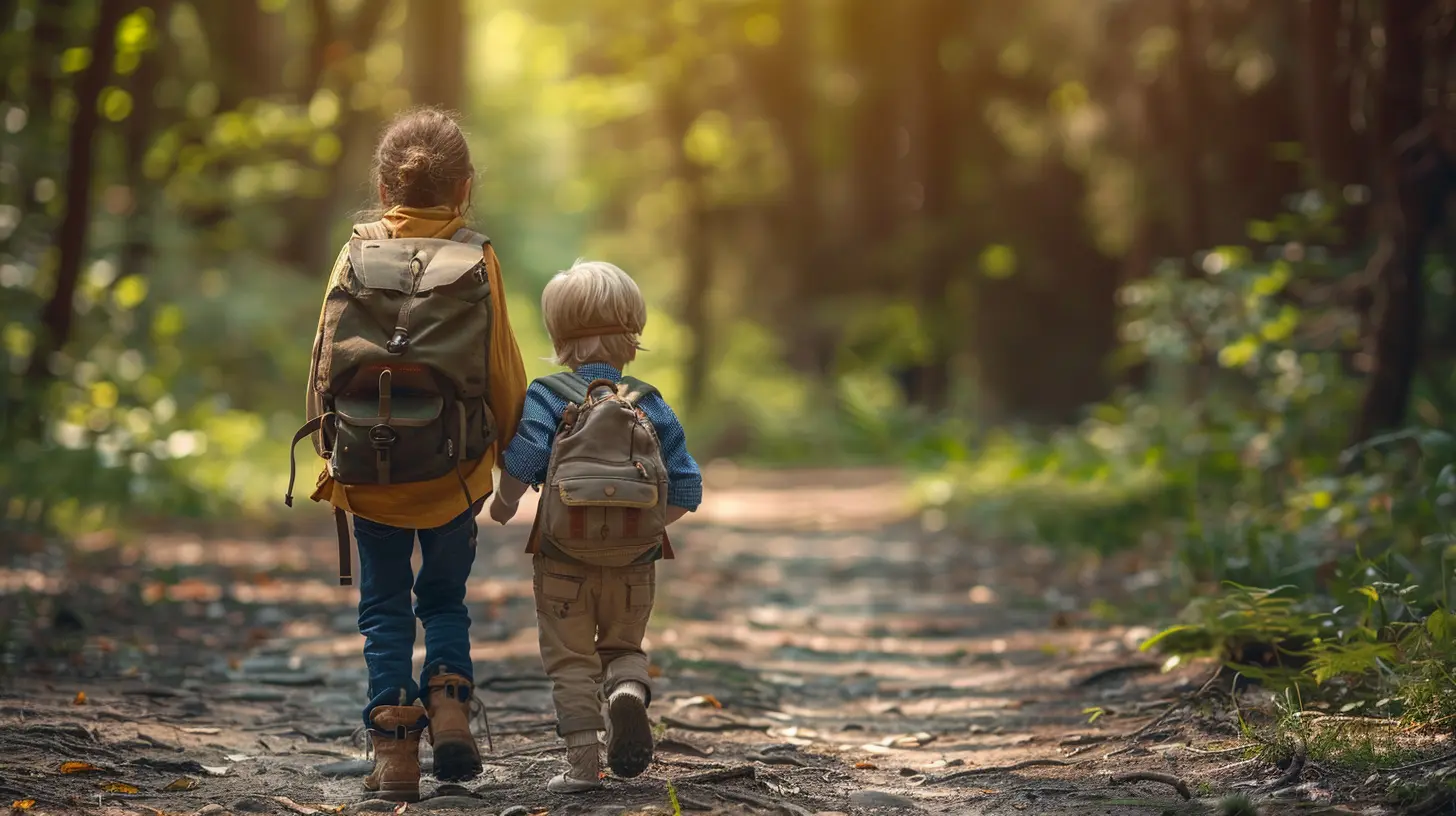
Final Thoughts
Kindergarten is a massive milestone, one that’s bound to come with mixed emotions for both you and your child. But by focusing on building essential skills through daily activities, fostering independence, and maintaining an easy-breezy attitude, you can ensure that the transition is not only stress-free but also fun!The goal isn’t perfection—it’s progression. Your child will learn, grow, and most importantly, thrive. And at the end of the day, the best thing you can do is be supportive, patient, and excited for this new chapter. Kindergarten, here they come!










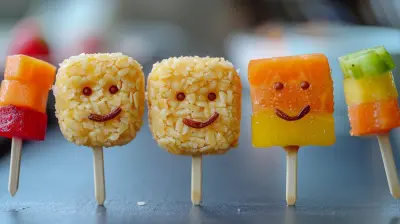
Natasha McQuade
Preparing your preschooler for kindergarten can be a joyful journey! Embrace this transition with love and patience, focusing on playful learning and open communication. Celebrate small milestones together, and remember, every child’s path is unique. With your support, they’ll flourish in their new adventure! Together, let’s make this a positive experience!
February 6, 2025 at 3:56 AM